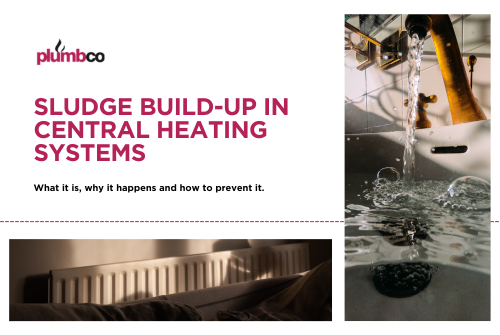
Sludge is a sticky, black substance that can build up in central heating systems over time. It is made up of a combination of rust, dirt, and other debris.
Sludge can cause a number of problems, including:
- Reduced efficiency: Sludge can clog pipes and radiators, making it difficult for the hot water to circulate efficiently. This can lead to higher heating bills and cold spots in your home.
- Increased wear and tear: Sludge can also cause increased wear and tear on your boiler and other central heating components. This can lead to breakdowns and costly repairs.
- Corrosion: Sludge can also cause corrosion in your central heating system. This can damage your pipes and radiators and lead to leaks.
Why does sludge happen?
There are a number of factors that can contribute to sludge build-up in central heating systems, including:
- Age of the system: Older central heating systems are more likely to develop sludge build-up. This is because the pipes and radiators can corrode over time, releasing rust and other debris into the system.
- Lack of maintenance: If your central heating system is not serviced regularly, sludge can build up over time. This is because the sludge is not flushed out of the system.
- Type of water: Hard water is more likely to cause sludge build-up. This is because hard water contains minerals that can form deposits in the system.
How to prevent sludge build-up
There are a number of things you can do to prevent sludge build-up in your central heating system, including:
- Have your system serviced regularly: A qualified heating engineer will flush out the sludge from your system and check for any other problems.
- Use a central heating inhibitor: A central heating inhibitor is a chemical that is added to the water in your central heating system to help prevent corrosion and sludge build-up.
- Install a magnetic filter: A magnetic filter can be installed in your central heating system to trap sludge particles before they can cause damage.
How to remove sludge from a central heating system
If your central heating system has sludge build-up, there are a number of ways to remove it, including:
- Power flushing: Power flushing is a process of flushing the sludge from your central heating system using high pressure water. This is the most effective way to remove sludge, but it can be expensive.
- Chemical cleaning: Chemical cleaning is a process of using chemicals to dissolve the sludge in your central heating system. This is a less expensive option than power flushing, but it is not as effective.
- Manual cleaning: Manual cleaning is a process of removing the sludge from your central heating system by hand. This is the most time-consuming and difficult option, but it is also the least expensive.
Products to help remove sludge from a central heating system
There are a number of products on the market that can help you to remove sludge from your central heating system, including:
- Wyndam Branded Calmag Chemical Sludge & Flux Remover: This product is a chemical cleaning agent that can be used to dissolve sludge in your central heating system.
- Fernox F3 Central Heating Cleaner: This product is a power flush cleaner that can be used to flush sludge from your central heating system.
- Sentinel X400 Cleaner: This product is a chemical cleaning agent that can be used to dissolve sludge in your central heating system.
If you are unsure about how to remove sludge from your central heating system, it is always best to consult with a qualified heating engineer.
Conclusion
Sludge build-up is a common problem in central heating systems. It can cause a number of problems, including reduced efficiency, increased wear and tear, and corrosion. There are a number of things you can do to prevent sludge build-up, such as having your system serviced regularly, using a central heating inhibitor, and installing a magnetic filter. If your central heating system does have sludge build-up, there are a number of ways to remove it, such as power flushing, chemical cleaning, and manual cleaning.

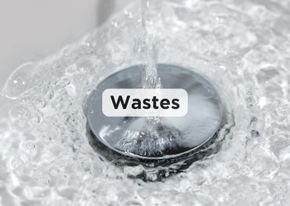

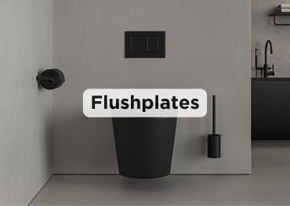

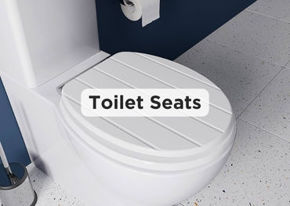
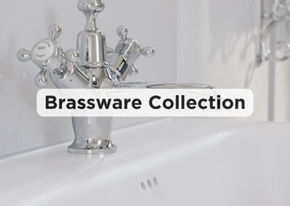
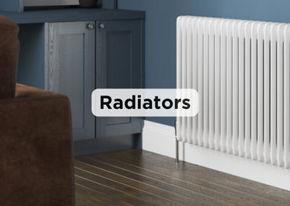
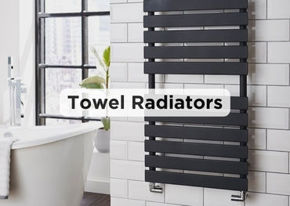
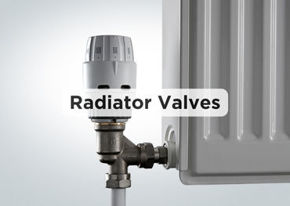

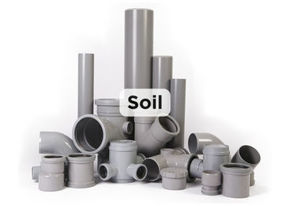
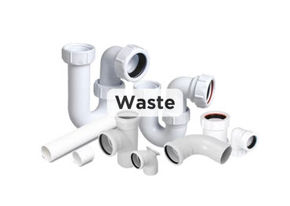
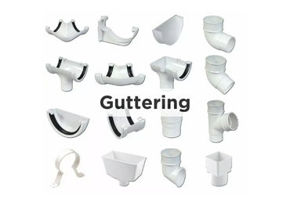
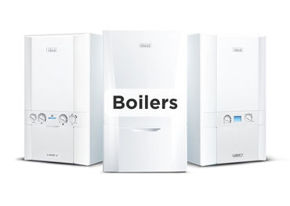
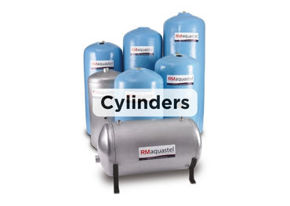
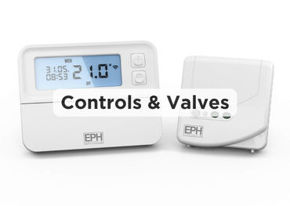
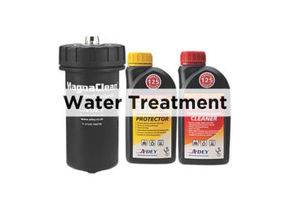
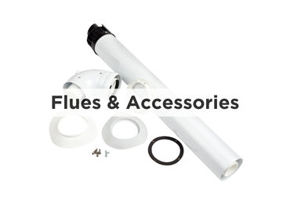
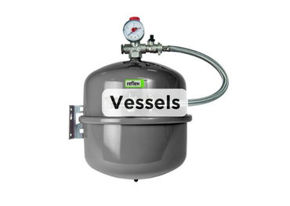
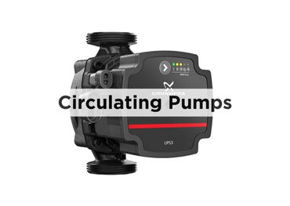
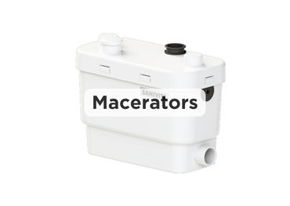
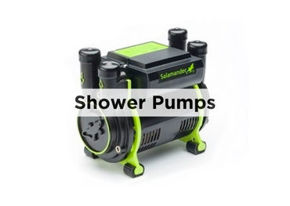
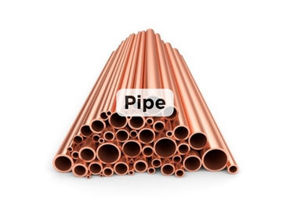

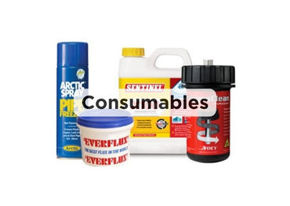
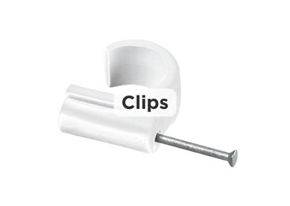

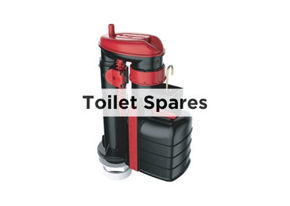
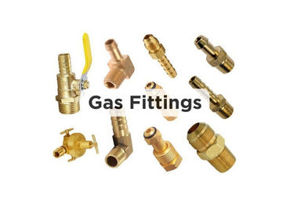

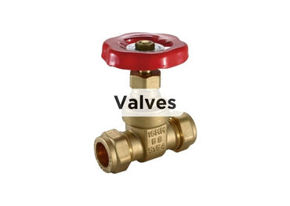
.jpeg)
.jpeg)
.jpeg)
